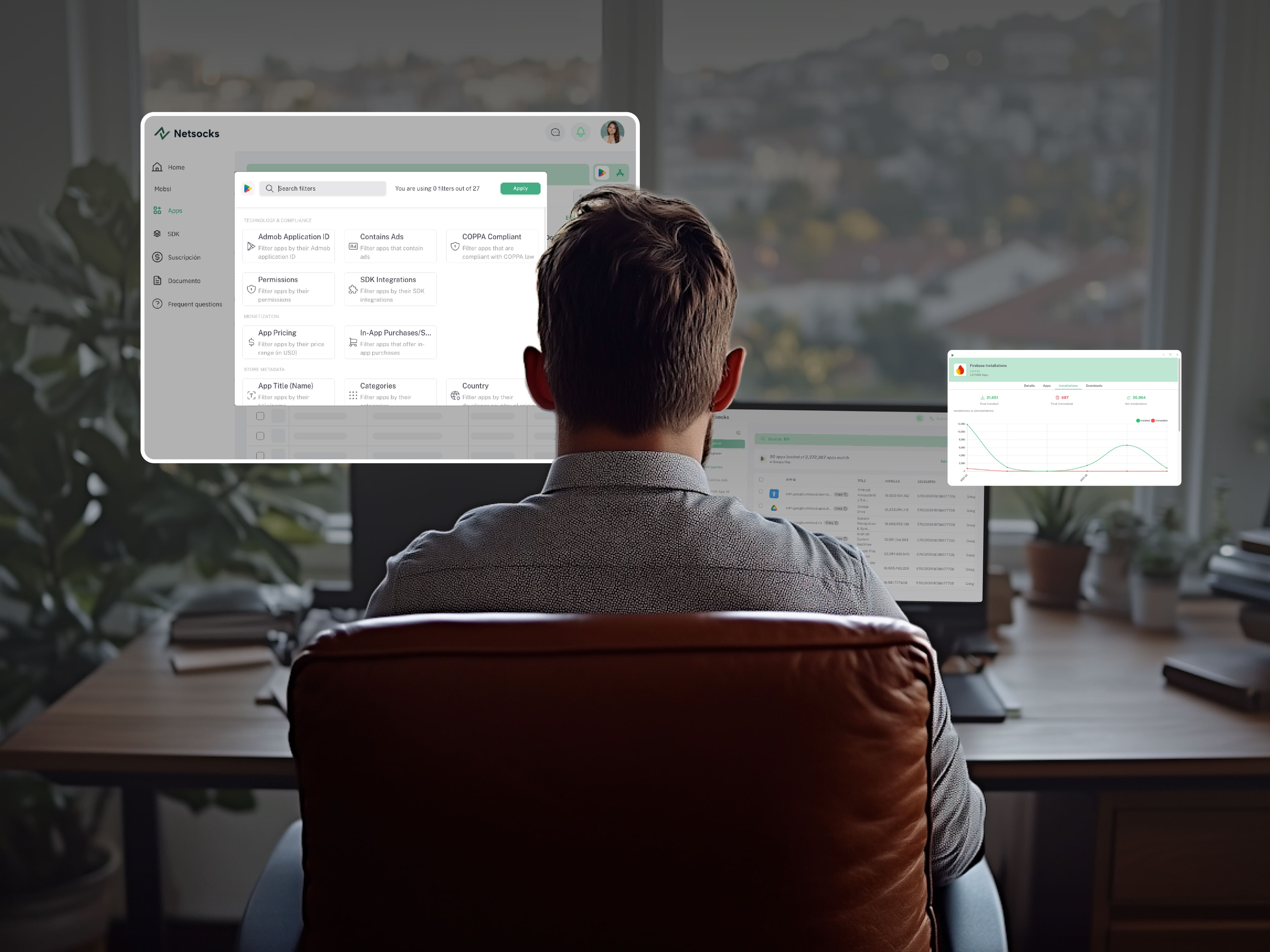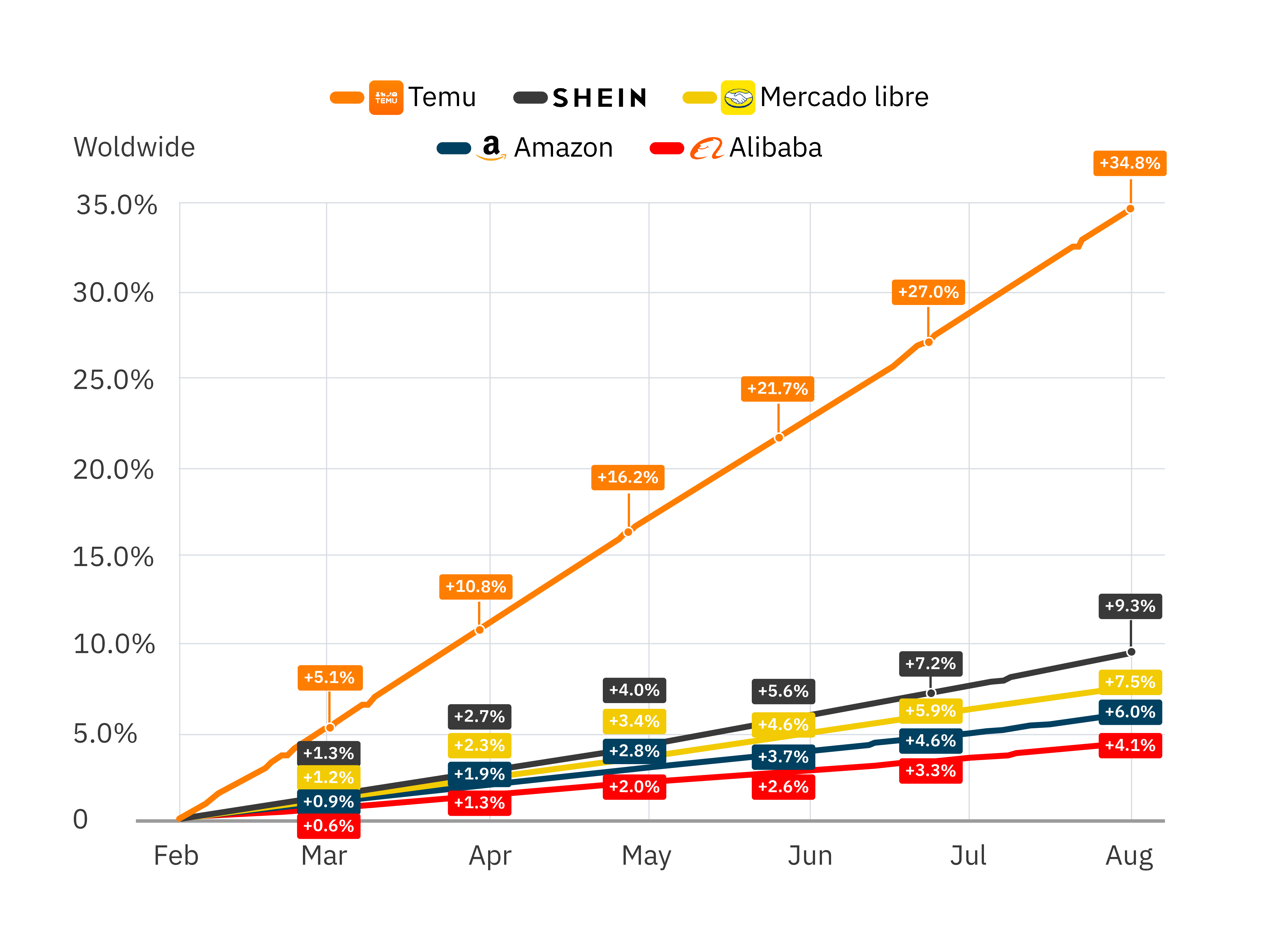
We’re all looking for ways to stay safe and protect ourselves while navigating the vast internet. This is where two essential tools come into play: proxies and VPNs.
With the growing concerns over online security, both internet users and businesses are taking active steps to safeguard themselves and protect their valuable assets. But here’s the big question: Which is the better option – a proxy or a VPN?
Both proxies and VPNs share a fundamental goal: enhancing privacy and security. However, it’s easy to get confused when choosing between them. This article will clear up those doubts, explain both terms in simple language, explore what they have in common, and, most importantly, help you understand when to choose one over the other.
📖 Interested in learning more about using proxies for privacy protection? Check out our article on how to protect your online privacy with rotating proxy server and discover how they can boost your security.

What is a Proxy?
Think of a proxy as your ambassador on the internet. It acts as an intermediary that goes to the web on your behalf. When you visit a site, it only sees the proxy's IP address, keeping yours hidden. There are different types, like rotating proxies, which use IP addresses from around the world to keep you safe, and cloud proxies, which protect your data by acting as a digital guardian.
📖 Want to dive deeper into the differences between rotating and cloud proxies? Visit our guide on types of proxy servers.
What is a VPN?
A VPN is like your cloak of invisibility on the internet. It encrypts and protects your data as you browse. What’s it used for? To improve privacy, unlock geographically restricted content, and ensure all your online activities are secure.
Using a VPN allows you to browse the internet with enhanced privacy. It can also unblock geo-restricted content and ensures that all internet communications from the user’s device are encrypted.
In a business context, a VPN is useful for protecting employees’ devices when they are connected to unsecured networks, like public Wi-Fi. However, a company generally wouldn’t use a VPN for web scraping or data collection, as it simply isn’t designed for such tasks.
🎯 Not sure if a proxy or a VPN is the right choice for you? Use our privacy tool comparison to find the best solution for your needs.
Proxy vs VPN: Benefits and Differences
Now that you have a clear idea of both, it’s understandable why confusion between a proxy and a VPN is common. Users often wonder what the exact difference is between a proxy and a VPN. Let’s break down these differences so you’ll no longer ask yourself, “Is a VPN a proxy?”
Key Differences
- Proxies: These are tools primarily aimed at businesses, designed to handle large traffic loads and optimize efficiency.
- VPNs: These are personal tools, easy to use, ideal for individual users who want to improve their privacy with just a few clicks.
Benefits for the End User
Using a proxy improves privacy while browsing the internet and, when configured properly, can even encrypt internet requests to enhance security. Additionally, a proxy can bypass geographic restrictions, granting access to blocked content.
In comparison, a VPN works similarly by changing the user’s IP address, improving security and allowing access to geo-restricted content. However, unlike proxies, VPNs encrypt all outgoing traffic, adding an extra layer of security. It’s worth noting that VPNs may slow down browsing speeds slightly due to routing all traffic through the server.
Purpose and Use
A VPN is ideal for those looking to not only hide their identity but also ensure all internet requests are encrypted.
In contrast, a proxy, or proxy server, is often used by both individuals and organizations, especially in web scraping operations for data collection. If you want to learn more about this topic, check out our document on web sraping o out blog Introduction to implementing Web Scraper for a detailed guide.
In a business context, proxies are valuable not only for brand protection but also for market research and many other purposes. A common challenge is avoiding being blocked by the desired data source when gathering information, and proxies are the perfect solution.
🌐 Stay updated: Subscribe to our blog to receive the latest articles on privacy, proxies, and VPNs directly in your inbox. [Subscribe here](subscription URL)
Proxy vs VPN: Which is Better?
In the proxy vs VPN showdown, there’s no clear winner. Proxies are more effective for businesses with high-traffic tasks, while VPNs are sufficient for most individual users.
Conclusion
By now, you should have a solid understanding of both proxies and VPNs, and hopefully, you’re beginning to see the unique purpose of each. Both play a crucial role in changing IP addresses, enhancing security, and enabling access to geo-blocked content.
The main difference is that VPNs are primarily designed for individuals, offering anonymity and encryption for internet requests. On the other hand, proxies, or proxy servers, are essential for businesses conducting online operations, especially in activities like web scraping.
If you’d like to explore more about proxy servers or VPNs and how to use them to empower your business, we have a wide variety of blog posts that will guide you in your scraping projects and more. Don’t hesitate to dive into this ever-evolving digital world!
🌐 For more tips on enhancing your digital life and business, explore our other stories on web scraping and digital projects.



.png)

.png)

